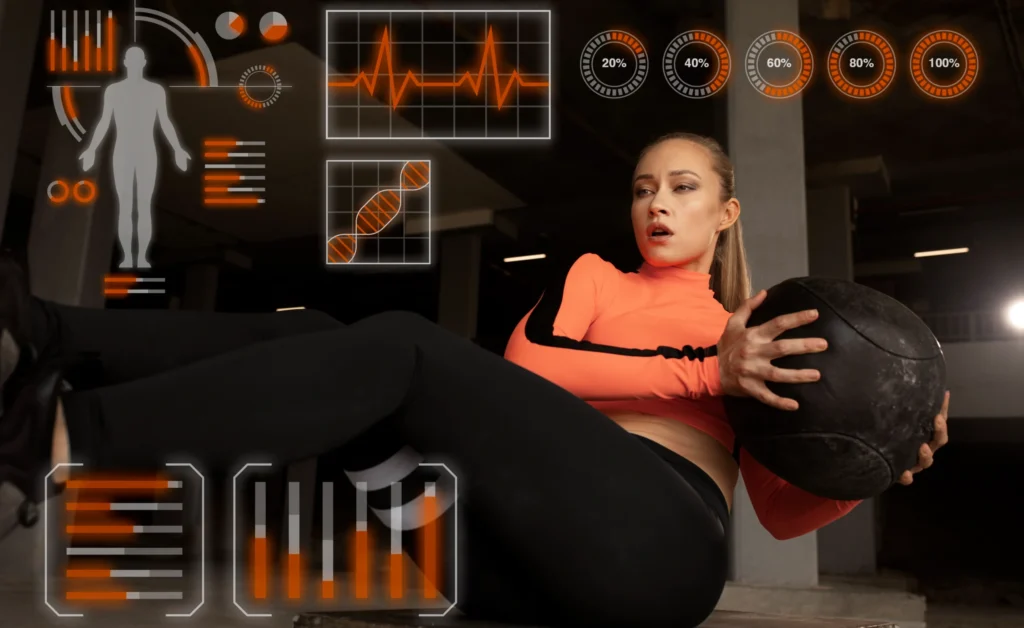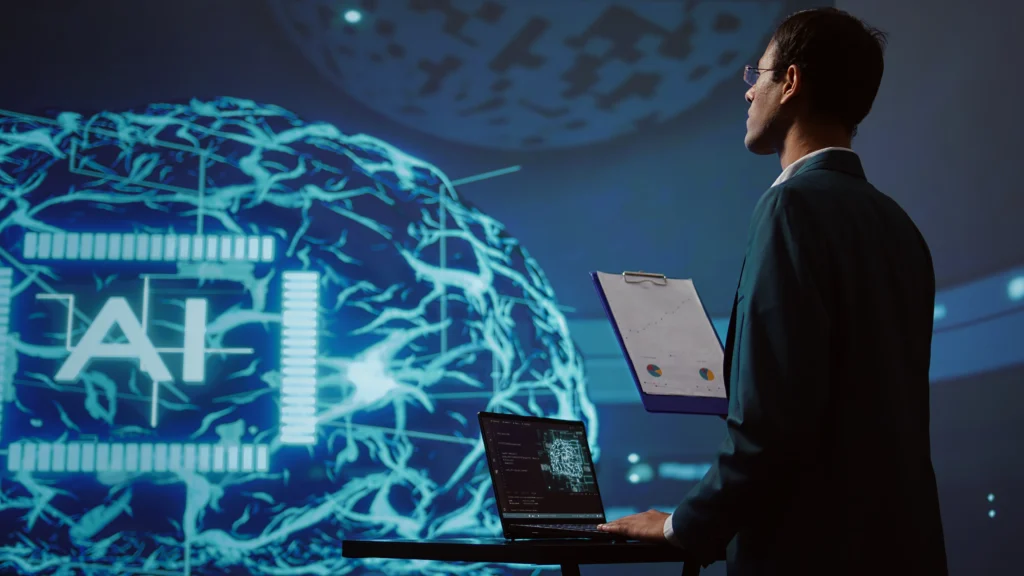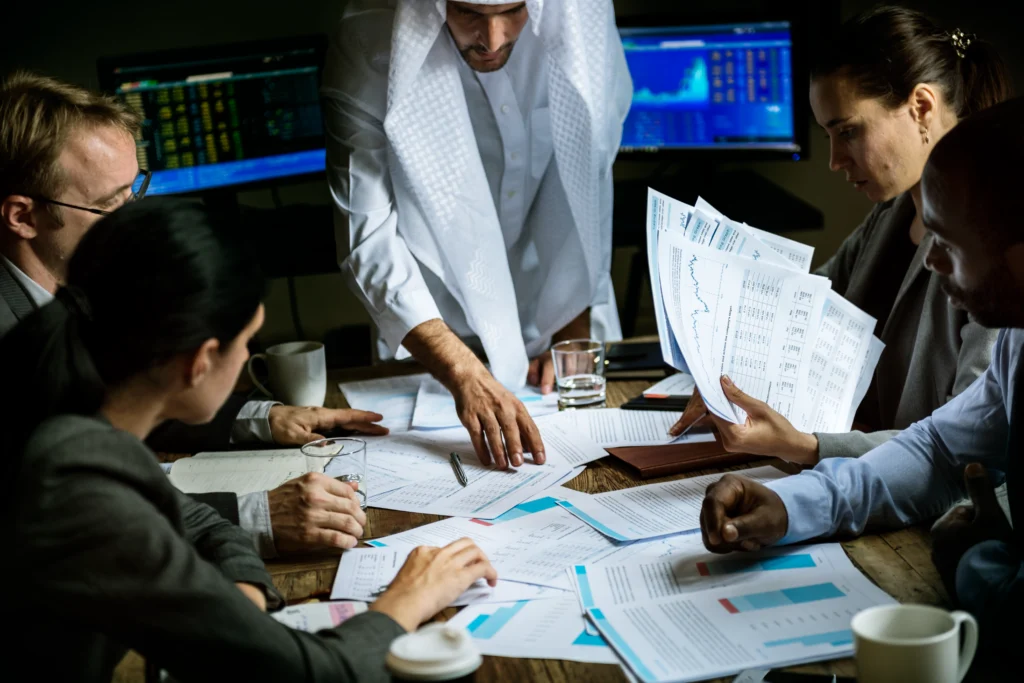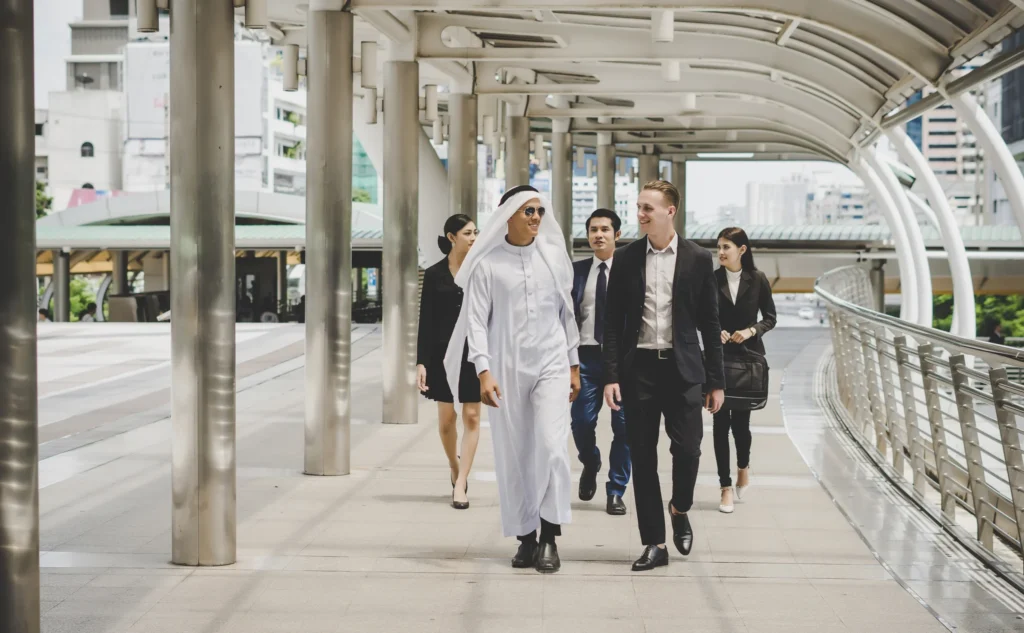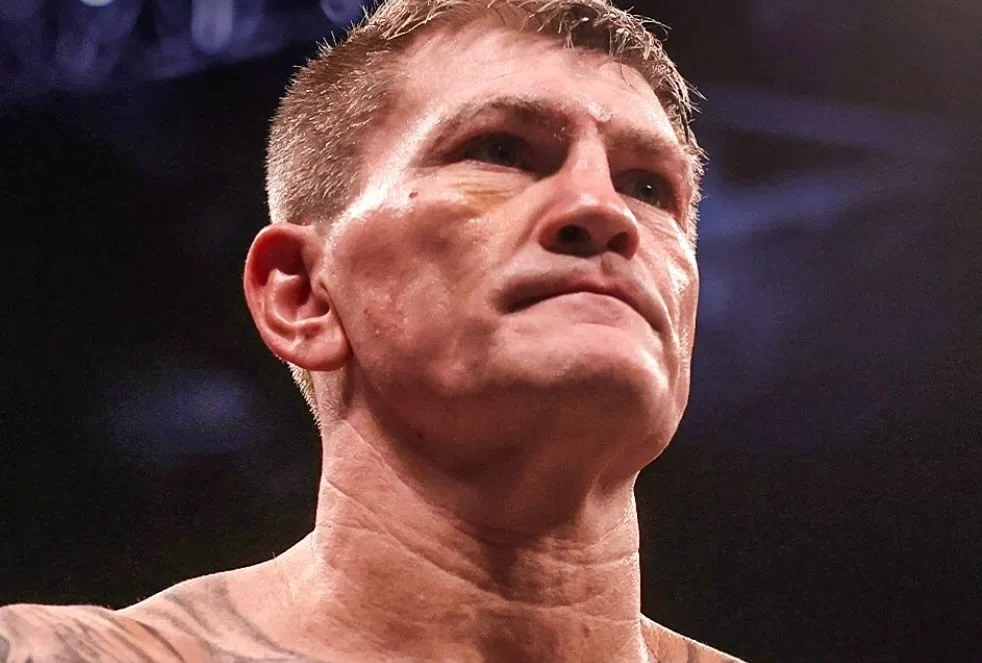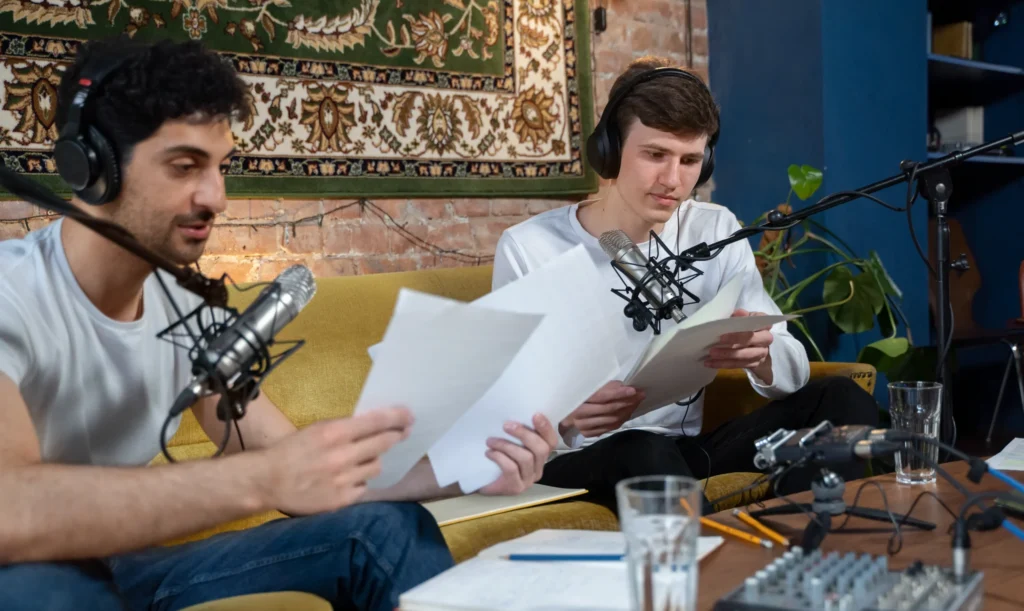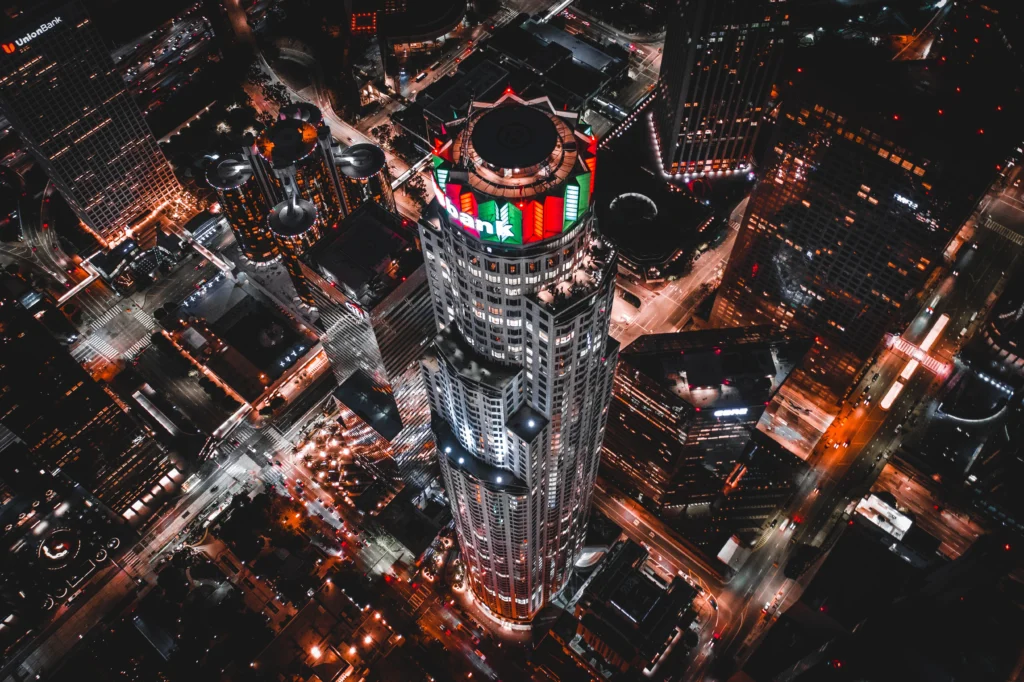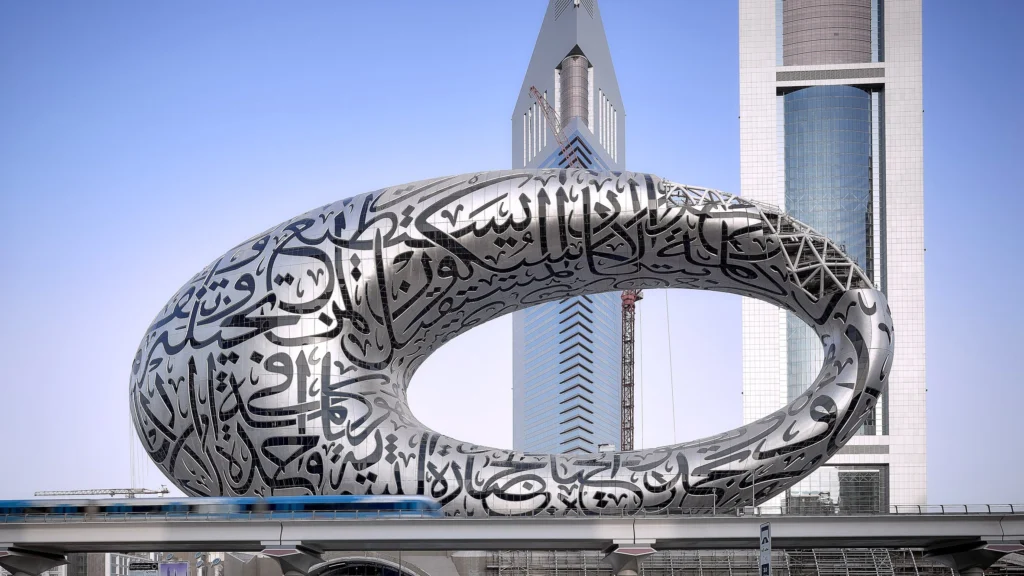Generation Zayed The Rise of Value-Driven Entrepreneurs in the UAE
Generation Zayed The Rise of Value-Driven Entrepreneurs in the UAE By Hafsa Qadeer There is a new kind of ambition rising in the Emirates. It does not glitter like gold towers nor roar like supercars. It breathes quietly, in coworking cafés, pitch rooms, and the glowing screens of midnight Zoom calls. This is the age of Generation Zayed, young Emiratis building not only businesses, but a different kind of legacy. These are founders who want to matter more than they want to scale. Whose metrics are not just profit, but purpose. A Spirit Reimagined The UAE has long been defined by bold enterprise, from desert oilfields to megacities. But a shift is underway. Today’s entrepreneurs, born under the promise of the Union and raised with Sheikh Zayed’s vision in textbooks and hearts, are asking deeper questions. What does it mean to build something worthy of this land? How can growth reflect generosity, not just accumulation? They are the children of visionaries, and they are answering not with nostalgia, but with action. Startups with Soul Across the seven emirates, purpose-led startups are blooming. A Sharjah-based founder builds a zero-waste skincare line using date pits and saffron. A Ras Al Khaimah agritech startup grows hydroponic crops with 80% less water, selling to local grocers instead of exporting abroad. A Dubai fintech app helps Gen Z users track not only spending, but ethical spending. This is not CSR. This is the core strategy. These companies do not add value as an afterthought; they are founded on values. Legacy as Currency For Generation Zayed, heritage is not something to preserve in a frame. It is a design principle. They reference Bedouin barter systems in their e-commerce models. They honor majlis culture by designing community-first apps. Their grandmothers’ perfumes and stories find new life as niche brands, podcasts, and global campaigns. There is a growing sense that business is not only about profit margins, it is about remembering who you are. An Ecosystem Awakening The support is catching up. Initiatives like the National Programme for SMEs and Startups, Hub71 in Abu Dhabi, and Dubai Future Accelerators are no longer just looking for tech unicorns. They’re investing in mission-driven companies, those solving problems from climate to culture. And investors, too, are changing. Where once ROI dominated the pitch, now VCs ask: Who does this help? What story does this tell? What footprint does this leave? It is, perhaps, the most Emirati thing to innovate boldly, but never forget the soil beneath. The Future is Intentional Generation Zayed does not wait for permission. They build in between university classes, family dinners, and prayer breaks. They crowdfund instead of waiting for funding. They launch slow fashion lines from Al Ain, crypto-education portals from Fujairah, and mangrove-based eco-ventures from Abu Dhabi. And in doing so, they redefine what business in the UAE can mean, not just skyscrapers, but social impact; not just success, but significance. They are not just heirs. They are architects. And in every click, pitch, and prototype, they whisper: This is not just our time. This is our turn.


